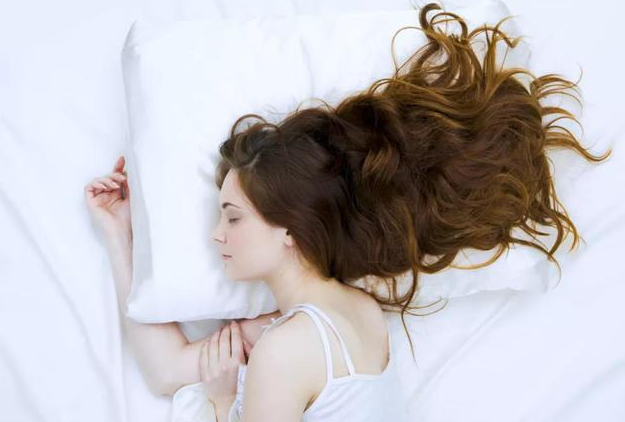
The middle-aged people after the age of forty are not only the backbone of the unit, but also the pillar of the family. In the face of changes in physical conditions and the pressures of life, their sleep is often affected.
The sleep of middle-aged people will have the following changes, and some situations must be adjusted and improved in time, otherwise it will be detrimental to the body in the long run.
- Sleep less.
People sleep less in middle age than in their 20s and 30s because the body and brain use a lot of energy when they are young, and the ability to sleep declines with age.
In fact, sleep needs vary from person to person, but do not decrease with age.
High-quality sleep is not only measured by time, if the sleep time is short, such as only 5 hours, but the next day is full of energy, no discomfort, is a good sleep; However, if it used to take 7 hours, the sleep time has been significantly reduced recently, affecting the mental state of the next day, you should see a doctor in time.
- You need to do more exercise for a good night's sleep.
Moderate exercise can help eliminate tension and improve sleep quality. But if you rely on "tired" to get yourself to sleep, it is necessary to intervene.
Because excessive exercise is not good for sleep, but affect the quality of sleep. Exercise moderately before going to bed, but do not do strenuous exercise. Doing yoga or stretching your arms and moving your joints in bed are good options.
- The effect of caffeine is more obvious.
The study found that people who drink coffee when they are young are prone to poor sleep in middle age or old age.
The amount of coffee tolerance varies from person to person, healthy people drink some coffee every day to help health, but not excessive, it is recommended not to exceed 500 ml per day. The best time to drink coffee is in the morning, so as not to affect sleep.
4, sleep becomes shallow, get up frequently.
Long periods of deep sleep are a prerequisite for quality sleep, and if light sleep dominates, adjustments may be necessary. Studies have found that sleep loss is a sign of early aging of brain cells, and the length of deep sleep decreases with age.
After middle age, getting up many times at night will make people unable to enter deep sleep, and the brain will not rest enough, which will lead to poor energy and memory decline during the day. According to Shi, the older you get, the more sensitive you are to ambient sounds when you sleep.
It is recommended that you do not drink strong tea, coffee, wine and other easily excited drinks before going to bed, do not overuse your brain, do something relaxing, keep the bedroom dark, create a quiet atmosphere and so on can help improve the quality of sleep.
5, snoring increases, chronic diseases begin to affect sleep.
Snoring is a manifestation of upper airway obstruction, especially when the snoring stops and stops, indicating that the obstruction is serious and there is apnea. A large number of studies have shown that the prevalence of high blood pressure is as high as 50% in patients with snoring and sleep apnea.
At the same time, sleep disorders are also the source of cardiovascular disease, diabetes, cognitive impairment, cancer, male sexual dysfunction and many other diseases. It is recommended to pay attention to reasonable diet, strengthen exercise, control weight, and develop the habit of sleeping on the side, which can help prevent and reduce sleep disordered breathing.
If the symptoms are severe and cannot be controlled, timely medical treatment should be sought, especially for patients with chronic diseases.- Naps may keep you up at night.
Sleepiness is highest between 3 and 5 in the morning and noon, when the body sends a sleep signal, the longer the time to stay awake, the higher the possibility of entering deep sleep. This is caused by a build-up of a substance called adenosine in the brain, which builds up during waking hours.
Napping causes the brain to clear adenosine, leading to sleeplessness at night. However, a short nap can improve memory and improve afternoon work efficiency, and it is best to control 30 to 60 minutes.
- More sensitive to temperature.
Ambient temperature has a big impact on sleep, too cold and too hot will make people feel uncomfortable. Especially for the elderly, with the decline in the function of tissues, organs and brain thermoregulation centers, the metabolic level is significantly lower than that of young people, and the amount of activity is less, and the ability to adjust environmental temperature changes will be poor. When sleeping, the outside temperature is controlled at 25~28℃.

